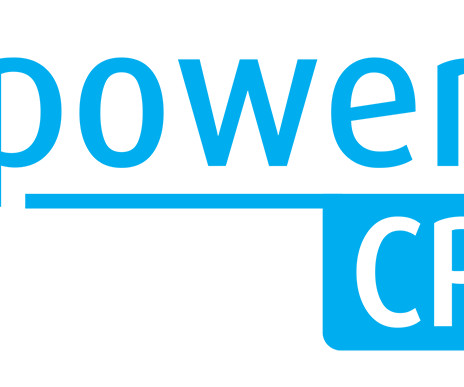A Gameplan for Procurement Transformation
NLPA (Next Level Purchasing Association)
SEPTEMBER 8, 2023
Improved communication, regular performance assessments, and joint value creation efforts lead to better supplier performance, reduced risks, and potential cost savings through optimized partnerships. This results in better negotiation outcomes, improved quality, reduced costs, and enhanced overall value delivery.












Let's personalize your content